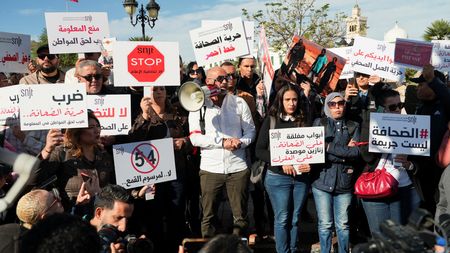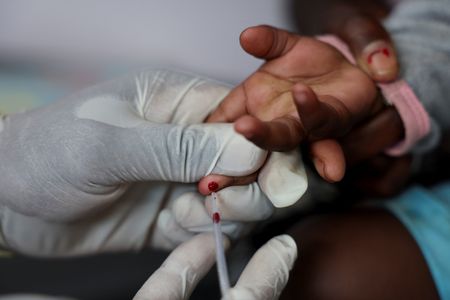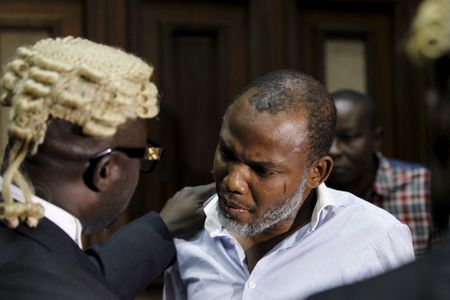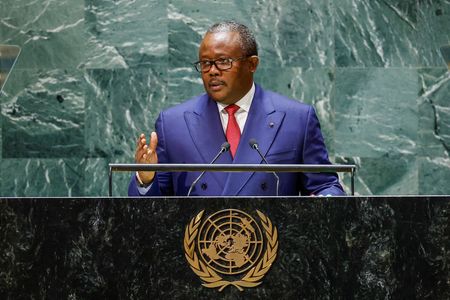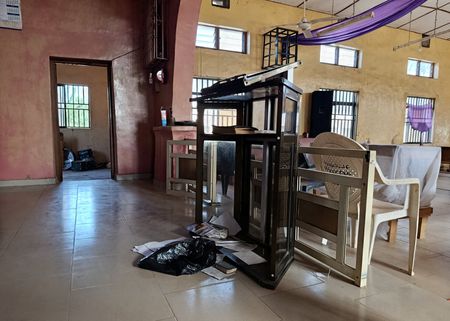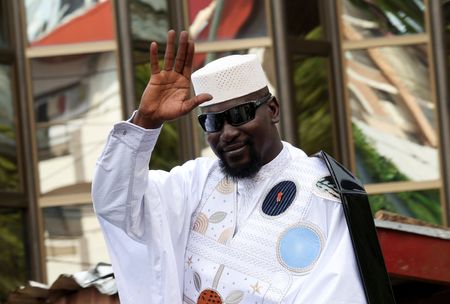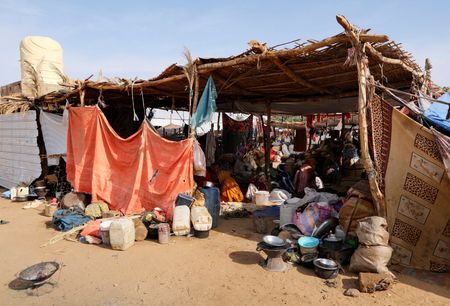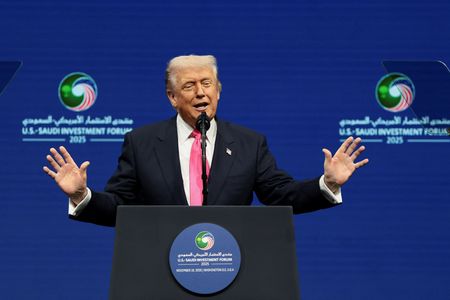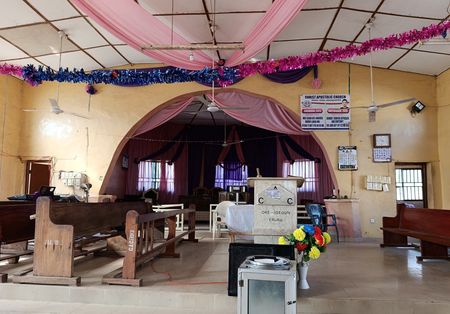TRIPOLI (Reuters) – The U.N. Mission in Libya (UNSMIL) announced on Tuesday it had formed a committee to propose ways to resolve contentious issues hindering the holding of long-awaited national elections.
A political process to resolve more than a decade of conflict in Libya has been stalled since an election scheduled for December 2021 collapsed amid disputes over the eligibility of the main candidates.
Libya has had little peace since a 2011 NATO-backed uprising, and it split in 2014 between eastern and western factions, with rival administrations governing in each area.
An UNSMIL statement named the advisory committee’s 13 men and seven women members and said they would meet for the first time next week in Tripoli.
“The role of the Advisory Committee will be developing technically sound and politically viable proposals for resolving outstanding contentious issues to enable the holding of elections,” said UNSMIL.
UNSMIL said that the committee’s proposals would be submitted to the Mission “for consideration for the subsequent phase of the political process.”
“The Advisory Committee is not a decision-making body or a dialogue forum. It is time-bound and is expected to conclude its work in a short time frame,” the Mission explained.
UNSMIL said members were chosen for professionalism, expertise in legal, constitutional and/or electoral issues; an ability to build compromise and an understanding of Libya’s political challenges.
A Tripoli-based Government of National Unity (GNU) under Prime Minister Abdulhamid al-Dbeibah was installed through a U.N.-backed process in 2021 but the Benghazi-based House of Representatives (HoR) no longer recognises its legitimacy.
Dbeibah has vowed not to cede power to a new government without national elections.
Many Libyans have voiced scepticism that their political leaders are negotiating in good faith, believing them to be unwilling to bring forward elections that might remove them from their positions of power.
“Libyans are aware of the damaging effects that the current political divisions are having on their country, its unity, sovereignty and stability,” the Mission added.
The HoR was elected in 2014, while in Tripoli there is a High State Council that was formed as part of a 2015 political agreement and drawn from a parliament elected in 2012.
Last month U.N. Secretary-General António Guterres appointed Hanna Serwaa Tetteh of Ghana as special representative for Libya and head of UNSMIL, succeeding Abdoulaye Bathily of Senegal.
(Reporting and writing by Ahmed Elumami, Editing by William Maclean)


